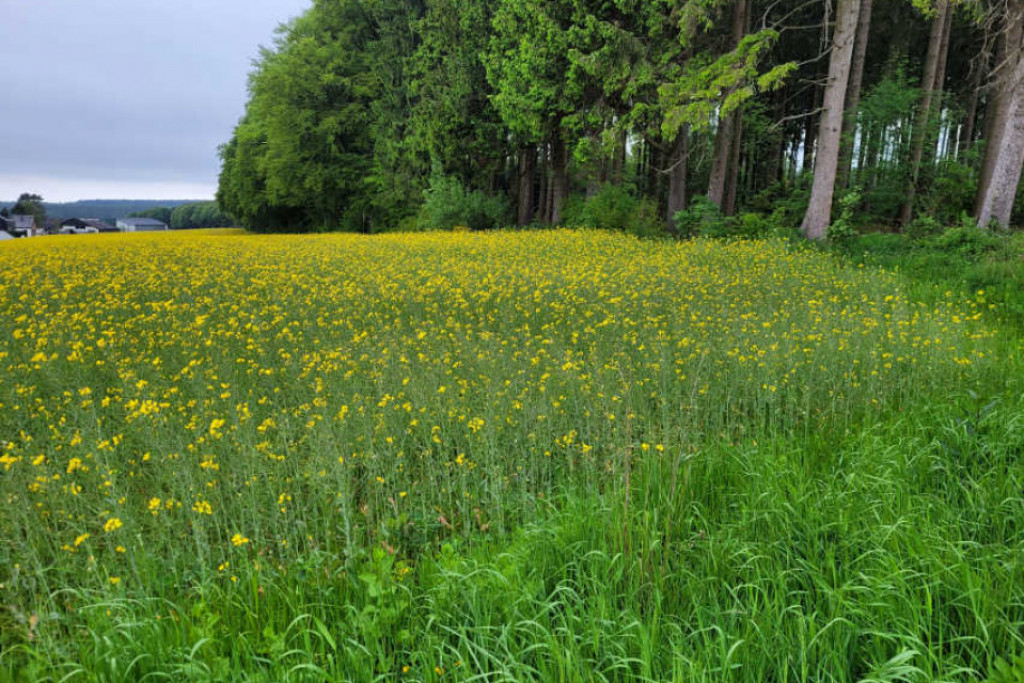Did someone say assisted migration?
Assisted migration involves voluntarily moving tree provenances or species to areas where the climate is becoming more favourable. These movements take place within the same continent, giving a kind of boost to the natural migration of trees, which is no longer fast enough for species to adapt to climate change.
The MigFoRest Project in brief
MigFoRest brings together researchers, managers and public and private owners from Belgium, France and Germany to carry out assisted migration in North-West Europe. With a budget of €7.1 million and launched for the 2024-2028 period, the project aims to produce practical and scientific knowledge to help the forestry and timber industry seize the potential of assisted migration.
The role of CRA-W
CRA-W coordinates the genetic analyses of local Walloon resources, and will carry out all the genetic analyses of the project on the wild service and service tree. These analyses aim to gain a better understanding of the genetic diversity of both local resources and those that will be imported as part of the project.
At the same time, with the help of a vast European database, CRA-W is studying the diversity of insects associated with the 34 forest species used in MigFoRest. This study aims to better understand the ecological potential of imported species and their impact on biodiversity.
Concrete results expected for the sector
MigFoRest plans to plant 100,000 trees in seven areas across the three countries. For example, CRA-W is coordinating the creation of two seed orchards that will supply seeds with a rich genetic diversity and potentially better adaptive faculties. The project also includes training and awareness-raising for stakeholders and decision-makers.






